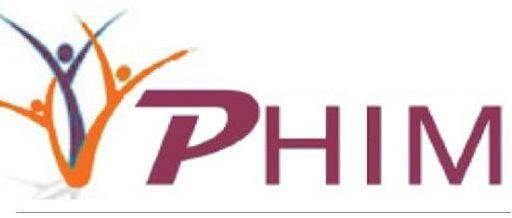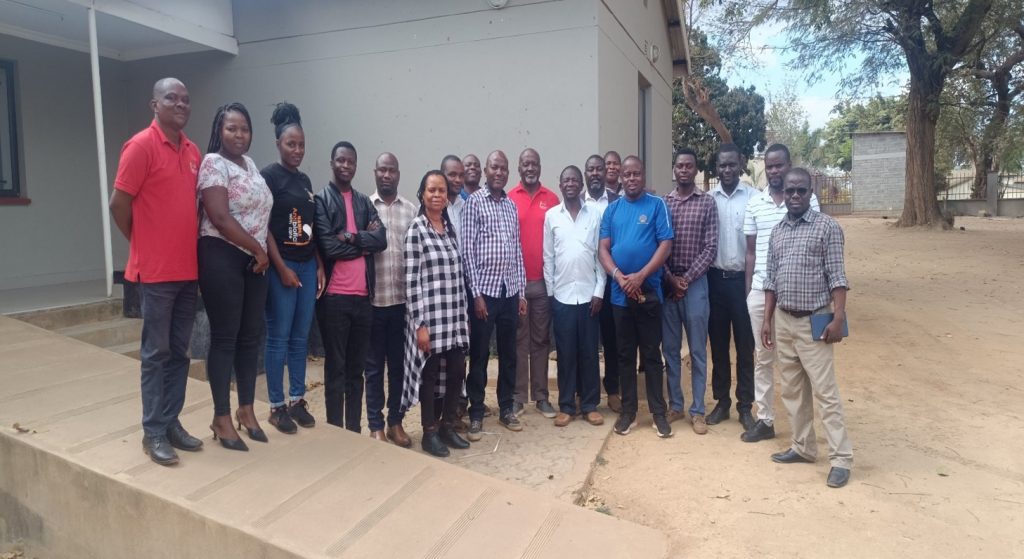
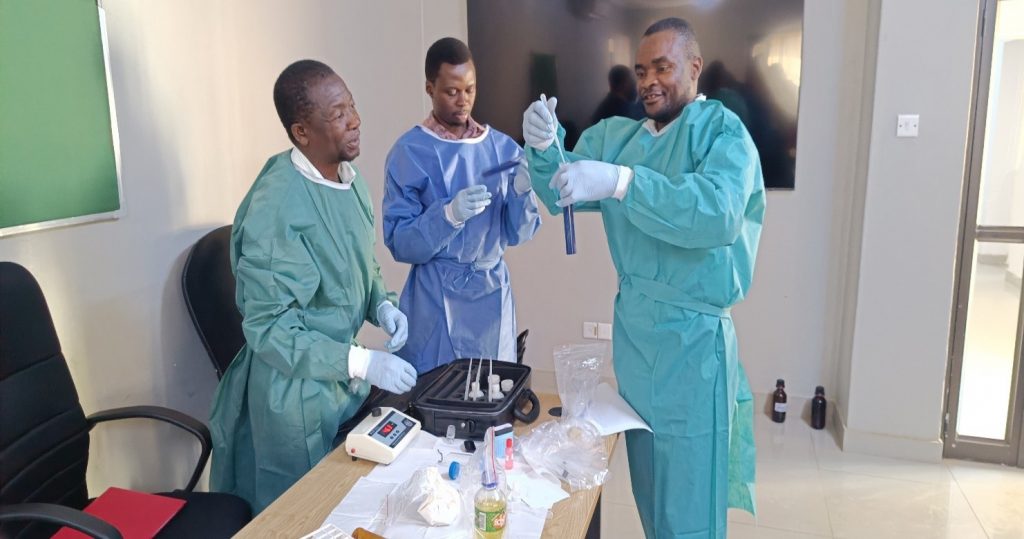
The coordinator of the training workshop Mr. Henry Limula, Chief laboratory Scientist responsible for The Chemistry, Haematology, Nutrition and Influenza Reference Laboratory, in his speech emphasised the importance of determining the level of fortification of food. He hailed the collaboration PHIM has with stakeholders and partners in Malawi. He told the participants to put much of their effort into understanding the testing protocols.

National Reference Laboratory.
The training aimed to empower laboratory officers with the knowledge and skills required to conduct food fortification tests.
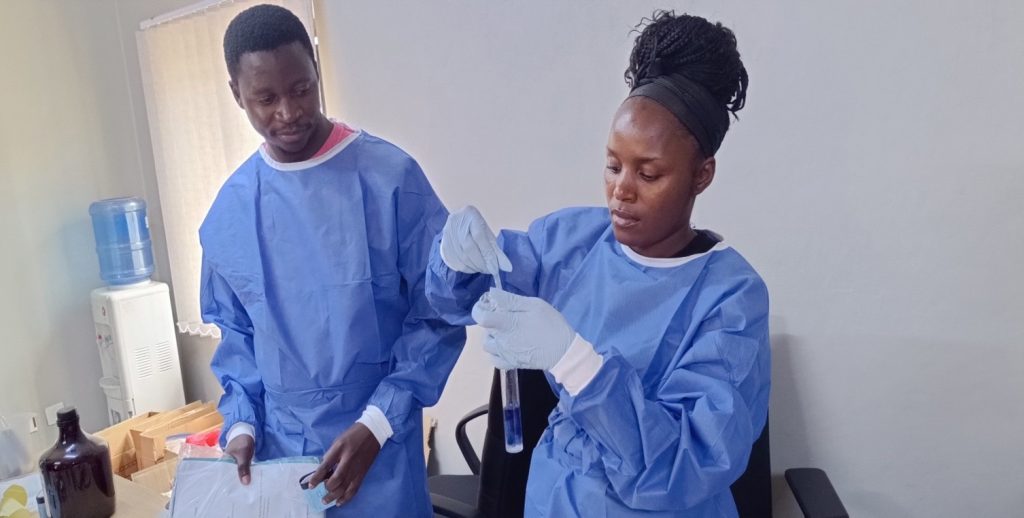
Fortification of sugar, oil, wheat, and maize flour became mandatory in Malawi, and a gazette of standards was published in 2016. Edible oil is fortified with vitamin A. Raw, refined sugar is fortified with vitamin A. Maize and wheat flour is fortified with Vitamin A and Iron. Salt is fortified with Iodine. The training comprised 3 days of theory and 2 days of practicum.
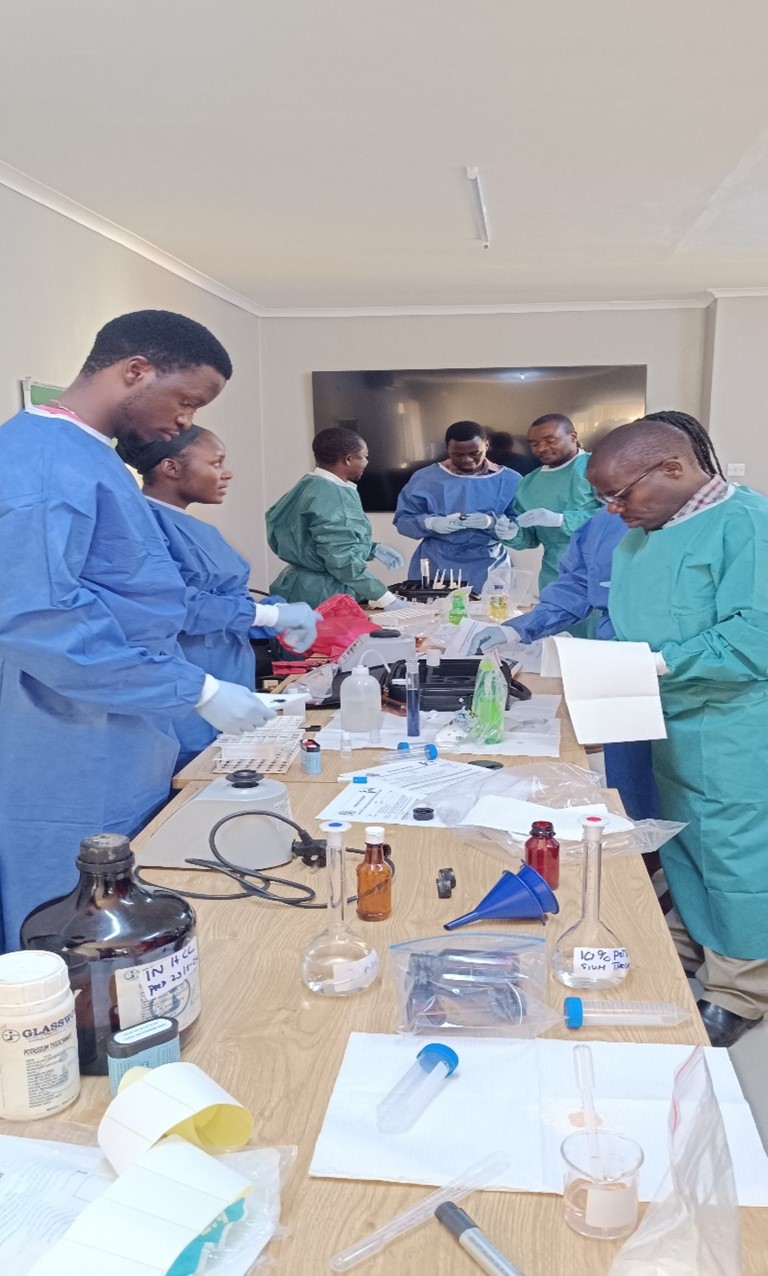
The Ministry of Health (MOH) through the Environmental Health Directorate manages food fortification monitoring nationwide through district market and household surveillance. Samples are collected, quarterly, and tested at the National Nutrition Reference Laboratory (NNRL) at the Public Health Institute of Malawi. Results are sent to MOH with copies sent to districts For decision-making, reports are generated and shared with the National Fortification Alliance, and nutrition technical working group, and these feed into the National Nutrition Committee.
